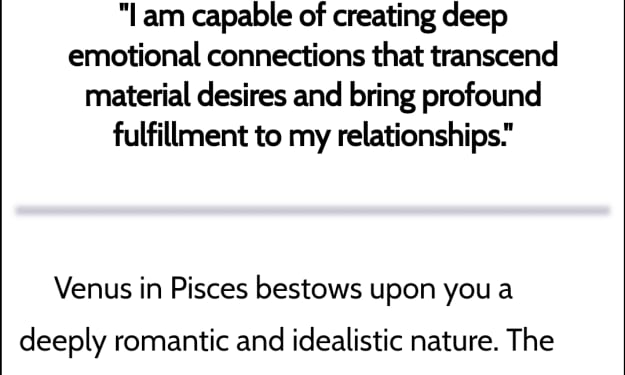
The concept of "enemies" is a complex and multifaceted one, with roots in sociology, psychology, history, and even literature. At its core, however, an enemy is often thought of as a person or group that is actively opposed to us or our interests.
In this blog, we will explore some of the different ways that enemies have been understood throughout history, as well as some of the latest research and theories on the topic.
One of the oldest perspectives on enemies is that of the "enemy as other." This view, which is often found in early human societies, holds that an enemy is someone who is fundamentally different from us in terms of race, ethnicity, religion, or culture.
This idea has been used to justify many forms of hostility and aggression throughout history, from tribal warfare to genocide.
Another ancient perspective on enemies is that of the "enemy as rival." This view, which is often found in more complex societies, holds that an enemy is someone who is competing with us for resources, power, or prestige.
This idea has been used to justify many forms of economic and political conflict throughout history, from trade wars to territorial disputes.
In the field of psychology, enemies are often understood as people or groups that we perceive as a threat to our well-being or self-esteem. Research has shown that the perception of threat can activate the body's stress response, leading to a range of negative emotions, such as anger, fear, and hatred.
Additionally, research has shown that people tend to dehumanize their enemies, which can lead to a range of negative behaviors, such as aggression and violence.
In the field of sociology, enemies are often understood as people or groups that challenge the status quo or existing power structures. Research has shown that social movements and other forms of dissent can be met with repression and violence from those in power.
Additionally, research has shown that marginalized groups often face hostility and discrimination from the dominant culture.
In literature and popular culture, enemies are often portrayed as complex, multi-dimensional characters, rather than one-dimensional villains. This can be seen in works such as George Orwell's "1984," in which the protagonist's enemy is not an evil dictator, but rather an oppressive government system.
Similarly, in J.R.R. Tolkien's "The Lord of the Rings," the protagonist's enemy is not an evil sorcerer, but rather the corrupting influence of power.
Another important aspect to consider when discussing enemies is the concept of forgiveness and reconciliation. Many experts argue that it is possible to overcome enmity and reconcile with one's enemies, even after serious conflicts.
Forgiveness and reconciliation can be difficult, but it is also seen as a necessary step to move forward and repair relationships. It also has been proved to have positive effects on the mental and physical well-being of the individuals involved.
Additionally, it is important to note that the concept of enemies is not limited to interpersonal relationships, but also applies to nations and other larger groups. International relations, for example, often involve conflicts between nations, with the use of diplomacy and military force as ways to resolve these conflicts.
However, it is important to note that these conflicts can have devastating consequences, not only for the individuals involved but also for the entire population, and the importance of finding peaceful solutions should not be overlooked.
Finally, it is important to acknowledge the role of media and propaganda in shaping our perceptions of enemies. The media often presents a simplified, one-sided view of conflicts, portraying one group as the aggressors and the other as the victims. This can lead to a distorted understanding of the situation and can contribute to the escalation of hostility.
It is important to be critical of the information we consume, and to strive for a more nuanced understanding of the complexities of enmity.
In conclusion, enemies can be understood from various perspectives, each of which offers its own unique insights. It is important to consider the historical, psychological, sociological, and cultural factors that shape our perceptions of enemies.
Additionally, it's important to consider the possibility of forgiveness, reconciliation and the role of media in shaping our perceptions. The study of enemies can help us understand the nature of hostility and aggression, as well as the potential for peace and reconciliation.
In conclusion, the concept of "enemies" is a complex and multifaceted one that has been understood in many different ways throughout history. From the "enemy as other" of early human societies to the "enemy as rival" of complex societies, from the psychological perception of threat to the sociological challenge to the status quo, and from the one-dimensional villain of literature to the multi-dimensional characters of popular culture. Each of these perspectives offers unique insights into the nature of enemies, and ongoing research in these fields promises to reveal even more about the nature of enemies in the future.
About the Creator
Zohaib Ali 🌱
I'm Zohvib (pronounced as Zohaib), Through Vocal and other digital publications, I tell stories that help readers to close the gap between where they are and where they want to be. 🗿






Comments
There are no comments for this story
Be the first to respond and start the conversation.